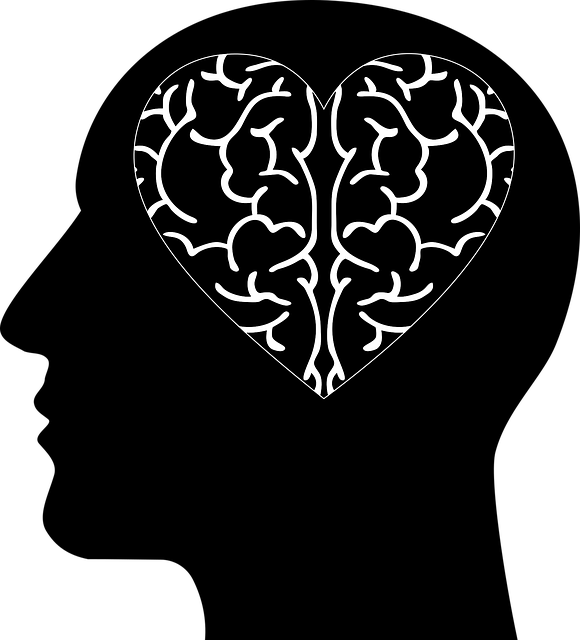Wheat Ridge Domestic Violence Therapy offers a comprehensive, tailored approach to helping survivors navigate abusive relationships. Using the RFM (Risk, Fear, Mastery) framework, they assess dynamics, identify risks, understand fears, and promote mastery for safe conflict resolution. Integrated with compassion cultivation, burnout prevention, and conflict resolution techniques, this therapy creates a supportive environment. Resilience-building exercises focus on structured steps including mindfulness, stress reduction, and self-care routines to empower survivors with emotional agility and tailored coping strategies, fostering healing and resilience.
“In the realm of Wheat Ridge domestic violence therapy, Resilient Front (RFM) modeling has emerged as a powerful tool for survivors’ healing. This article delves into the understanding and implementation of RFM, exploring its role in empowering individuals to navigate trauma. We present a comprehensive guide on resilience-building exercises, offering a step-by-step approach for therapists. Additionally, we examine the profound impact of RFM on survivors’ journeys, highlighting its potential to revolutionize therapy practices.”
- Understanding RFM and Its Role in Domestic Violence Therapy
- Implementing Resilience-Building Exercises: A Step-by-Step Guide
- The Impact of RFM on Survivors and Their Path to Healing
Understanding RFM and Its Role in Domestic Violence Therapy

Understanding RFM (Risk, Fear, and Mastery) is a cornerstone in Wheat Ridge Domestic Violence Therapy. This framework helps therapists assess an individual’s or couple’s dynamics within abusive relationships. By identifying risk factors, understanding fears, and fostering a sense of mastery, therapists can tailor interventions to address specific challenges. RFM provides a structured approach that enables clients to navigate their experiences more safely and develop skills for healthy conflict resolution.
The concept intertwines seamlessly with Compassion Cultivation Practices and Burnout Prevention Strategies for Healthcare Providers. Therapists utilize these techniques to create a compassionate environment, where clients feel heard, validated, and supported. Additionally, integrating Conflict Resolution Techniques into RFM-based therapy enhances the process, empowering individuals or couples to manage disputes constructively and move towards recovery.
Implementing Resilience-Building Exercises: A Step-by-Step Guide

Implementing Resilience-Building Exercises: A Step-by-Step Guide
At Wheat Ridge Domestic Violence Therapy, we believe that fostering resilience is a crucial aspect of holistic healing and personal growth. By integrating structured exercises aimed at strengthening emotional agility, individuals can better navigate life’s challenges, including past traumas or current stressors. Here’s a simplified guide to help you embark on this transformative journey:
1. Assess Individual Needs: Begin by evaluating the unique circumstances and triggers that contribute to stress and vulnerability. This step is vital in tailoring exercises that resonate with each client’s personal landscape. Whether it’s managing anger, improving communication skills or cultivating self-compassion, understanding individual needs sets the foundation for effective resilience-building.
2. Incorporate Stress Reduction Methods: Introduce mindfulness practices, such as deep breathing techniques and meditation, to empower clients with tools to calm their minds and bodies. These methods can help individuals navigate intense emotions and reduce the impact of stressful situations. Incorporating regular sessions of stress reduction can be a game-changer for building mental fortitude.
3. Encourage Conflict Resolution Techniques: Teach nonviolent communication skills and constructive conflict resolution strategies. By learning to express needs assertively and listen empathetically, clients can transform challenging interactions into opportunities for growth and understanding. This step fosters healthier relationships and enhances emotional resilience.
4. Facilitate Self-Care Routine Development: Guide individuals in creating personalized self-care routines that incorporate physical exercise, healthy eating, adequate sleep, and hobbies. Prioritizing self-care is essential for maintaining mental health and building resilience. When clients feel nurtured and balanced, they are better equipped to handle life’s curveballs.
The Impact of RFM on Survivors and Their Path to Healing

For survivors navigating the aftermath of domestic violence, implementing Resilient Front (RFM) exercises can significantly impact their journey towards healing and recovery. Wheat Ridge Domestic Violence Therapy recognizes that traditional coping mechanisms may not always be effective in addressing the complex trauma experienced by these individuals. Thus, RFM becomes a powerful tool to foster resilience and empower survivors.
This therapeutic approach focuses on developing coping skills and self-care practices tailored to each survivor’s unique needs. By incorporating exercises that promote emotional awareness and stress management, survivors gain valuable tools to navigate their daily lives. Cultural sensitivity in mental healthcare practice is also integral to this process, ensuring that the support provided respects and honors diverse cultural backgrounds, enhancing the overall effectiveness of healing interventions.
Wheat Ridge Domestic Violence Therapy offers a transformative approach to healing through Resilient Factors Model (RFM) exercises. By understanding RFM’s role in therapy, implementing practical resilience-building strategies, and witnessing the profound impact on survivors’ lives, we see a path to recovery and empowerment. These exercises equip individuals with tools to navigate challenges, fostering a sense of strength and resilience that extends far beyond the therapeutic setting.














